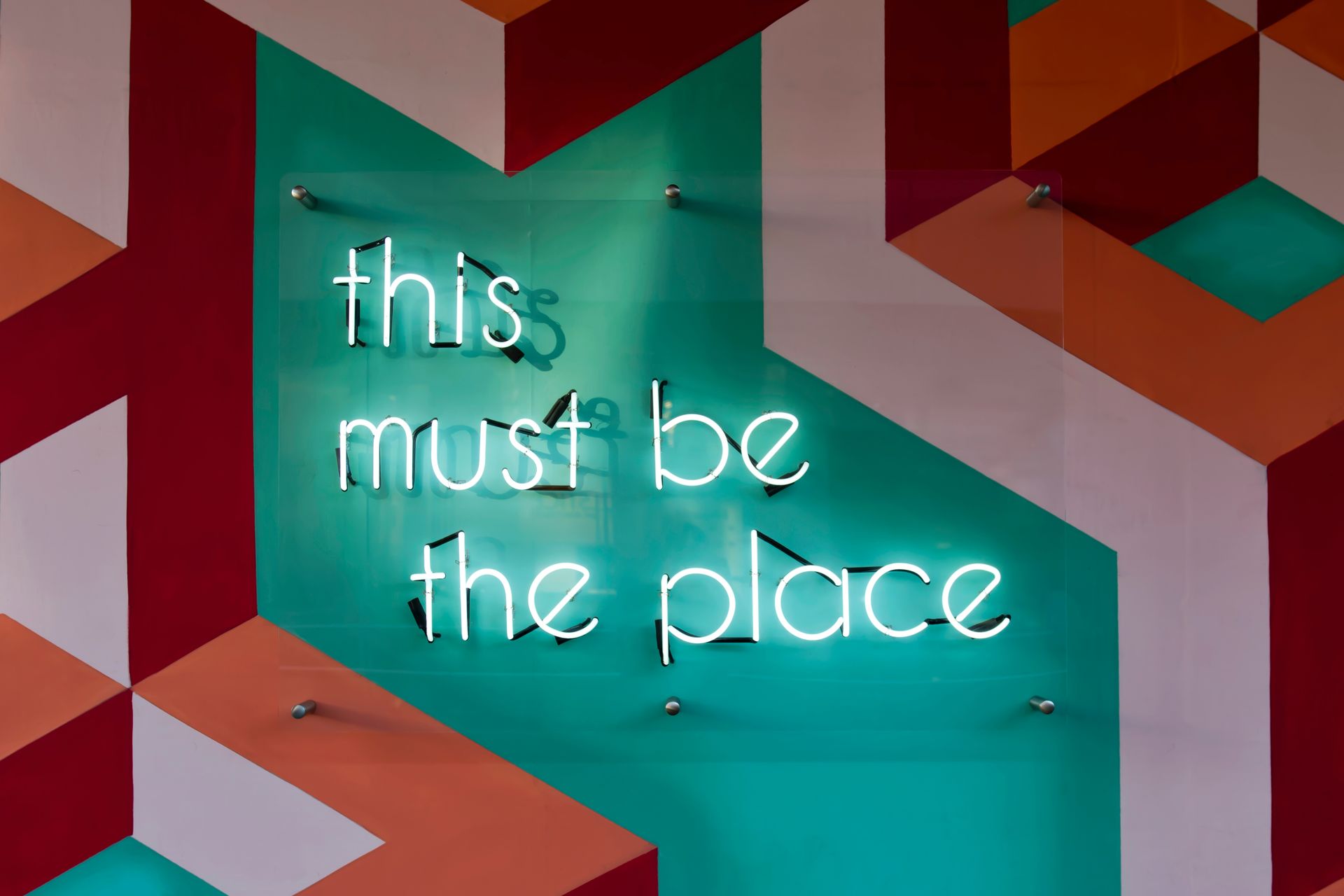Do you outsource your logistics? What does value mean to you?
Globalisation has been a driving factor in the outsourcing of logistics to third-party providers (3PLs), freeing up time and resources for businesses to focus on core competencies. In a converging world where supply chain and logistics has never been so critical, a value-based logistics supplier relationship is now a key priority for competitive advantage.
In this context, value will differ for each organisation. In the e-commerce world, speed and visibility is a priority. In the home retail space, flexibility and communication might be more important. And in the industrial sector, the focus will be more on safety and documentation. Value measures all of these factors against one common denominator: cost.
Within a consumer-led country such as Australia, there is now a greater emphasis on managing the import, storage, distribution and last mile logistics than ever before. Demands are quickly increasing within a physically challenging environment where cities are far apart and there is a wilting talent pool in critical blue-collar roles. This, in turn, means increased reliance and pressure on 3PLs.
But has this created unrealistic expectations of outsourced logistics providers?
There is no doubt, 3PL providers have a tough gig. Fortunately, they have an infinite customer pool to use if they can offer a value proposition different to their competitors. As mentioned, this value proposition varies between industries in terms of technology, safety, speed, quality and compliance, to name a few. Applying and prioritising them is always a critical decision for 3PLs because it helps them attract the right client base. However, the cost is always front of mind.
Most businesses pressure their suppliers to deliver higher satisfaction to the end customer. Whether it's to do with the product itself, availability or accessibility, there is a constant demand for maximum value from a supplier relationship. With 3PL being one critical cog in the value chain, it begs the question: why are companies in this industry still using the stick approach rather than the carrot?
Cuttings costs is essential for 3PLs due to eroding margins resulting from tough competition, teamed with a lack of reliable blue-collar resources and increased pressure to meet service level agreements (SLAs).
Lower Cost + Strict SLAs + Lower Resource Availability = Pressure Cooker
So, how can you focus on building a value-driven relationship with your 3PLs?
Luckily there are low-cost ways of gaining even more value from the relationship, such as giving your 3PL an insight into your operations and their impact on YOUR end customer.
When I ordered a new WiFi Modem from a large telco provider and the delivery driver left it in an unsafe place and generally provided an awful service, it reflected badly on the retailer – not the transport company. Educating drivers on the impact of their own actions on customer experience would make them think twice on their next delivery!
I also casually worked as a pick and packer in a Norbert Dentressangle facility back in the UK before it was taken over by XPO. They had contracts with Zara and Amazon and were particularly successful at e-commerce fulfillment. There was a rigorous training program where they instilled the significance of picking and packing as part of the whole process and coached every employee (even casual) on the end consumer demographic.
Take responsibility...
As the client of a 3PL, you have a responsibility to assess the market and inform them about the current state of your business and predicted growth throughout the contract. You must make an informed decision around how important your business is to the 3PL and if they are capable of adequately servicing your needs. Contracts usually last between 3 and 5 years with various clauses in place. Needless to say, businesses naturally evolve and are likely to have different expectations over time. Assessing the supplier's capability and financial security is just as much your responsibility as it is theirs.
Although it's easy to scrutinize 3PLs, it's also important to be accountable for your own words and actions. I hear a lot of frustration about ineffective meetings where ideas are discussed but never followed through. The best relationships are when the client is proactive and gives the 3PL necessary information to improve their value add. If we held everyone accountable for the promises we made in meetings, we would be light-years ahead. So strive to action those small steps towards change, improvement and of course value.
Finally…
I wouldn't say we are doing 3PL in Australia 'badly' as such. I think in comparison to other parts of the globe we are certainly behind. Part of that is down to the geographical landscape of Australia and where it sits. I just can't help but notice that several of these very simple strategies are being missed. Which could be your very keys to success!
Call me on 0410 032 196 if you are considering your next career move within the
logistics industry, or need advice on building a successful team.
Categories
Morgan Consulting Rights | Sitemap | Terms + Conditions | Privacy Policy | WHS Portal
Powered with 🤍 by Shazamme




